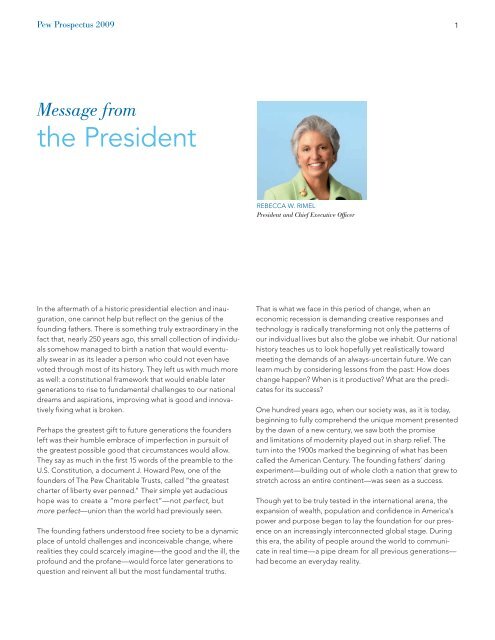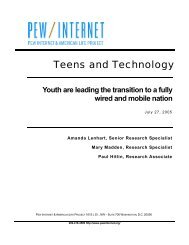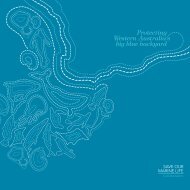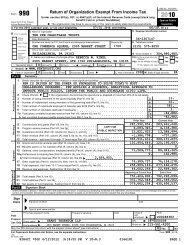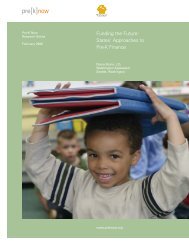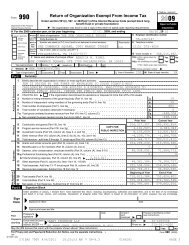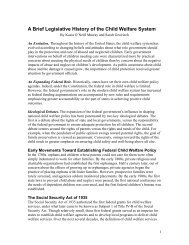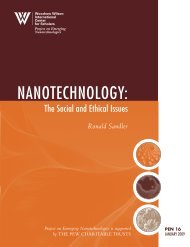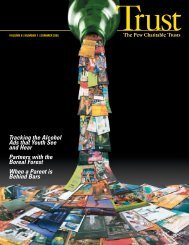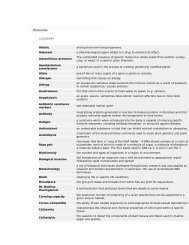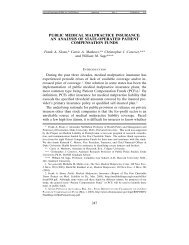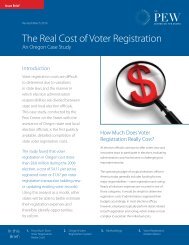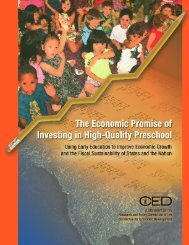PROSPECTUS - The Pew Charitable Trusts
PROSPECTUS - The Pew Charitable Trusts
PROSPECTUS - The Pew Charitable Trusts
You also want an ePaper? Increase the reach of your titles
YUMPU automatically turns print PDFs into web optimized ePapers that Google loves.
<strong>Pew</strong> Prospectus 2009<br />
1<br />
Message from<br />
the President<br />
REBECCA W. RIMEL<br />
President and Chief Executive Officer<br />
In the aftermath of a historic presidential election and inauguration,<br />
one cannot help but reflect on the genius of the<br />
founding fathers. <strong>The</strong>re is something truly extraordinary in the<br />
fact that, nearly 250 years ago, this small collection of individuals<br />
somehow managed to birth a nation that would eventually<br />
swear in as its leader a person who could not even have<br />
voted through most of its history. <strong>The</strong>y left us with much more<br />
as well: a constitutional framework that would enable later<br />
generations to rise to fundamental challenges to our national<br />
dreams and aspirations, improving what is good and innovatively<br />
fixing what is broken.<br />
Perhaps the greatest gift to future generations the founders<br />
left was their humble embrace of imperfection in pursuit of<br />
the greatest possible good that circumstances would allow.<br />
<strong>The</strong>y say as much in the first 15 words of the preamble to the<br />
U.S. Constitution, a document J. Howard <strong>Pew</strong>, one of the<br />
founders of <strong>The</strong> <strong>Pew</strong> <strong>Charitable</strong> <strong>Trusts</strong>, called “the greatest<br />
charter of liberty ever penned." <strong>The</strong>ir simple yet audacious<br />
hope was to create a “more perfect”—not perfect, but<br />
more perfect—union than the world had previously seen.<br />
<strong>The</strong> founding fathers understood free society to be a dynamic<br />
place of untold challenges and inconceivable change, where<br />
realities they could scarcely imagine—the good and the ill, the<br />
profound and the profane—would force later generations to<br />
question and reinvent all but the most fundamental truths.<br />
That is what we face in this period of change, when an<br />
economic recession is demanding creative responses and<br />
technology is radically transforming not only the patterns of<br />
our individual lives but also the globe we inhabit. Our national<br />
history teaches us to look hopefully yet realistically toward<br />
meeting the demands of an always-uncertain future. We can<br />
learn much by considering lessons from the past: How does<br />
change happen? When is it productive? What are the predicates<br />
for its success?<br />
One hundred years ago, when our society was, as it is today,<br />
beginning to fully comprehend the unique moment presented<br />
by the dawn of a new century, we saw both the promise<br />
and limitations of modernity played out in sharp relief. <strong>The</strong><br />
turn into the 1900s marked the beginning of what has been<br />
called the American Century. <strong>The</strong> founding fathers’ daring<br />
experiment—building out of whole cloth a nation that grew to<br />
stretch across an entire continent—was seen as a success.<br />
Though yet to be truly tested in the international arena, the<br />
expansion of wealth, population and confidence in America’s<br />
power and purpose began to lay the foundation for our presence<br />
on an increasingly interconnected global stage. During<br />
this era, the ability of people around the world to communicate<br />
in real time—a pipe dream for all previous generations—<br />
had become an everyday reality.


